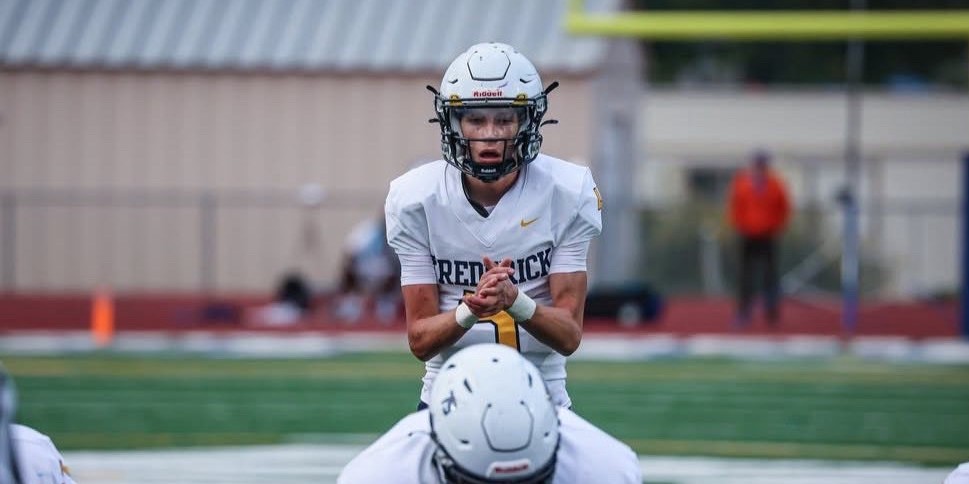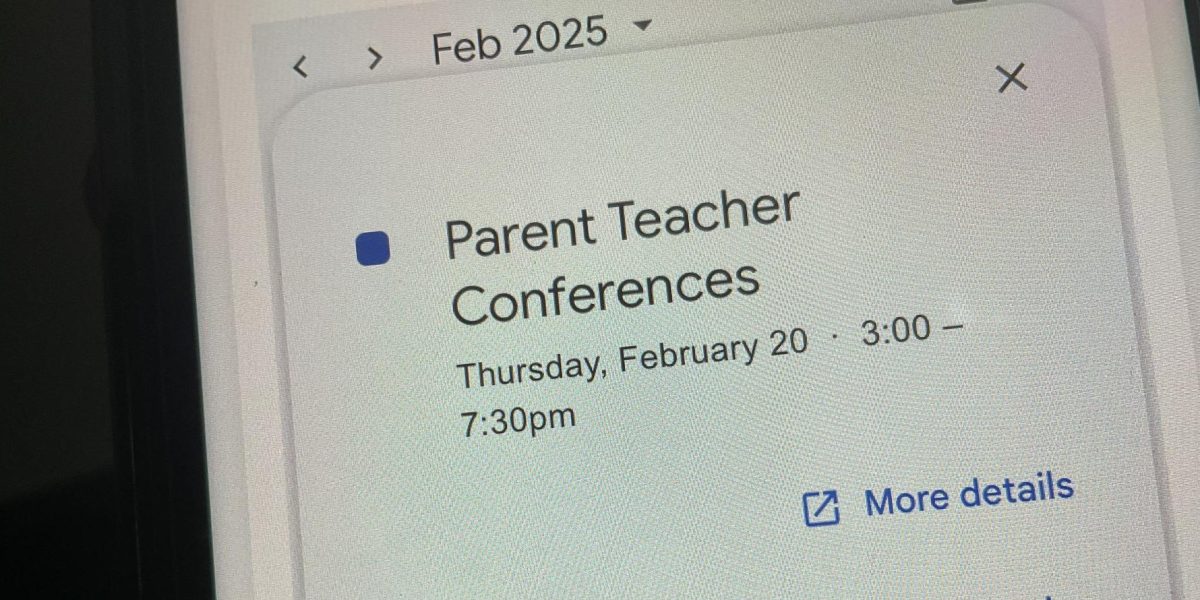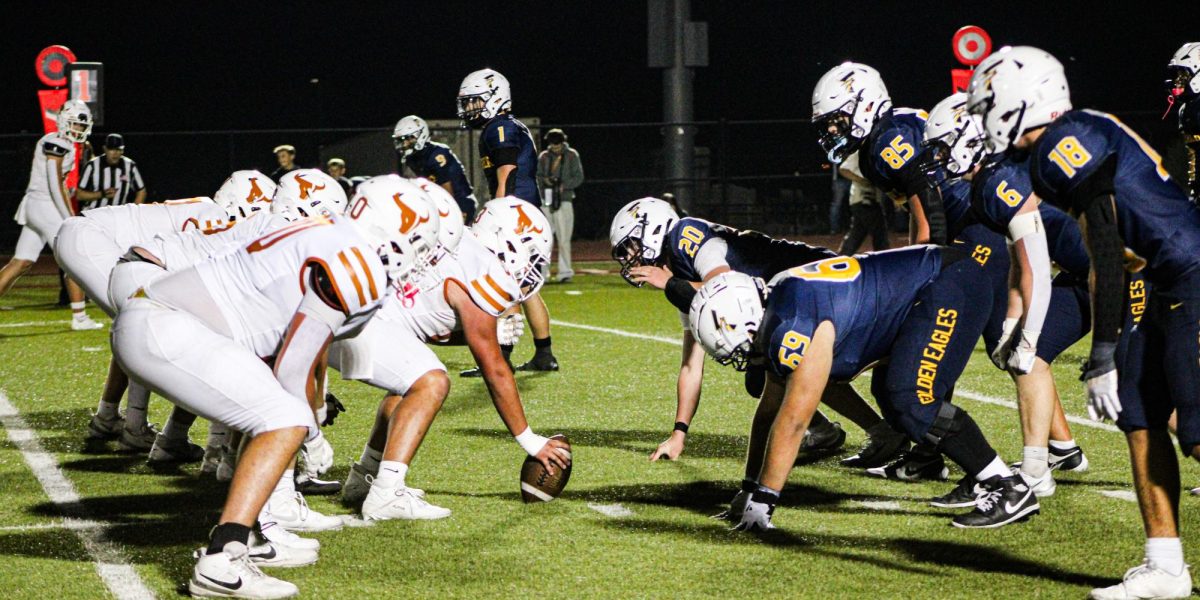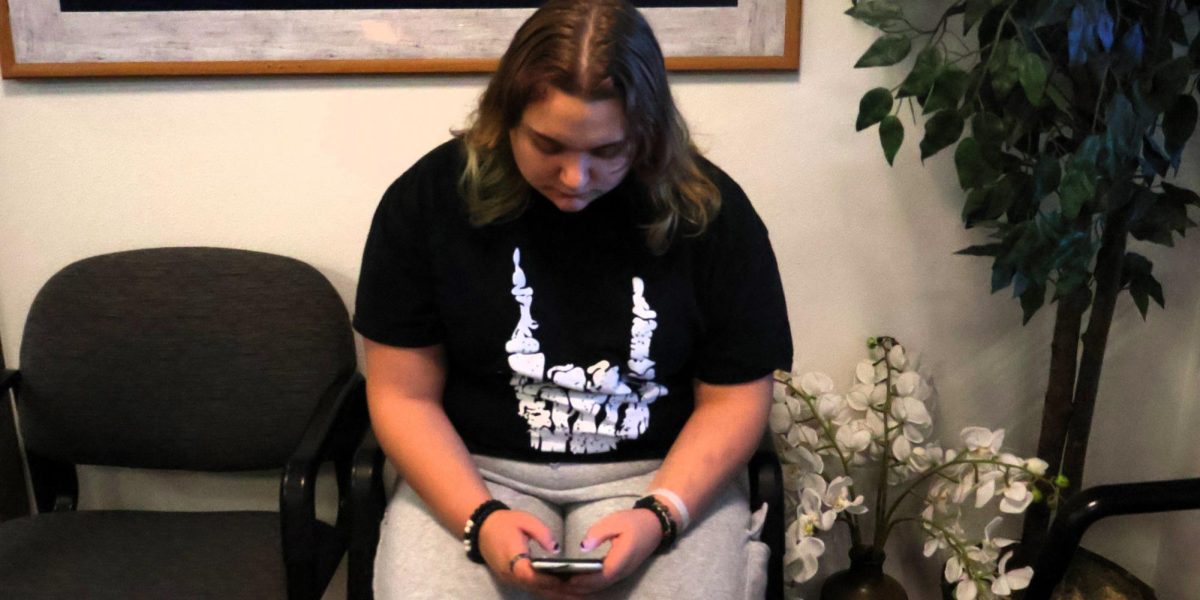This is the fourth article in a series examining teen stress and burnout. You can find the first entry in this series here.
Senior Macey Smith has everything figured out for next year.
“Right now, I’m planning on taking half a year off and then going to Aims Community College to get my nurse pre-reqs. Then, I will go into EMT training, and then I’ll do that for two or three years. I would then go back to school for nursing, but if that doesn’t work, I’m going to go to cosmetology school at Front Range Community College.”
She didn’t put these plans together overnight. In fact, Macey has been planning for her future since middle school, when she first started looking at how medical schools work. If that seems young, think again: Colorado’s Individual Career and Academic Plan (ICAP) law requires schools to start students on career planning goals as early as third grade.
This is “game plan” pressure, which is the expectation that students have a complete and detailed plan for their life after high school, including career and post-secondary education goals. While career guidance and college planning have always been part of high school, today’s students are expected to know everything about their future: where they are going to college, how they will pay for school, where they will get their master’s degree, and what career they will enter.
Constantly being asked about future plans by family members and teachers creates more pressure on today’s teens than ever before. According to a recent report by Common Sense Media, 56% of teens surveyed say that future planning pressure negatively effects them on a regular basis, with more than 1 in 5 saying that the stress is causing them to burn out.
Game plan pressure is just one of six different pressures that are the main causes of teen burnout, though it is the stress that affects the most students—it’s more powerful than the pressure to get high grades, to fit in, and to have an active social life with friends. This pressure also affects teen girls 39% more often than teen boys, which isn’t surprising: studies have shown that teen girls are more academically inclined and future-oriented than teen boys, so they think about college more often. Another reason young women are more stressed over their future is that they have traditionally had fewer career opportunities than young men (and still do in some industries), and more teen girls than teen boys are first-generation college students.
A more surprising finding is that nonbinary students that fall into the LGBTQ+ spectrum are seven times more affected by stress regarding their future than their cisgendered peers—this means two out of every three nonbinary teens regularly stress out about their future. While stress load is generally higher in nonbinary teens because of struggles with acceptance in high school, the huge jump in game plan stress is a result of nonbinary teens questioning if they even have a future. According to the Trevor Project, 36% of LGBTQ+ teens surveyed in early 2024 believe that they won’t live past 35 due to a lack of social acceptance of who they are.
So who’s responsible for all this pressure? Teens surveyed by Common Sense Media say the top culprits are teachers, counselors, and school administrators—nearly one out of two students said that school adults are responsible for the pressure to have life planned out after high school.
The problem isn’t actually that school adults harp on college and career readiness so much, however. The problem is that school adults are required to increase student pressure when it comes to having a game plan. The Colorado Department of Education has a set of College and Career Readiness Standards that schools have to make sure students know before graduating, and student’s post-secondary plans (called “matriculation”) are part of a school’s report card.
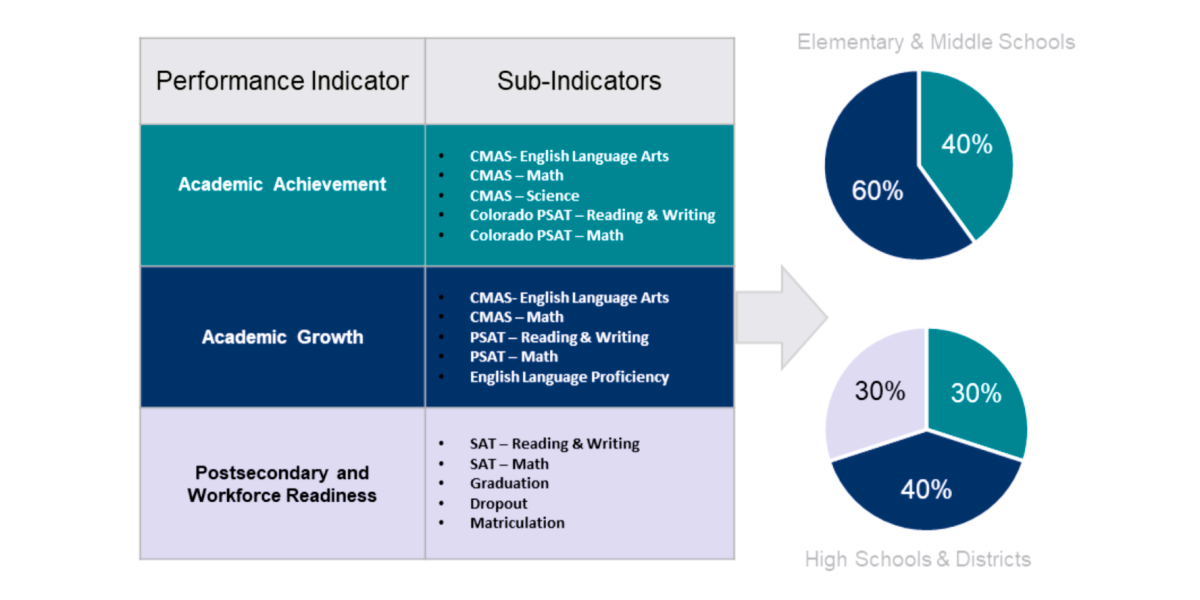
“In general, high schools have a responsibility to make sure students graduate equipped to do what they want to do next,” Frederick Principal Dr. Russell Fox said. “That can be measured in different ways, but the most important thing we do is get you ready for life. We want to get you to college but also want to make sure you’re not going to drop out. We want to get you into a good job but also want to make sure you don’t get fired.”
While parents are also a leading but predictable source of this pressure on teens (39% of teens said their family stresses them out when it comes to future plans), what may be surprising is a teen’s own pressure on themselves is a key source of game plan stress, second only to school adults. Despite not wanting to constantly hear teachers and counselors ask about college and career plans, anxiety over the future is at the top of a student’s mind, especially during senior year.
“College planning is super stressful!” senior Kate Greiner said. “There are just so many different factors to consider, which is why I started planning for college at the beginning of my junior year. It is tiring, but I have found that leaning on my support system makes it less scary and more fun.”
Social media plays also play a big role in how teens look at their futures. Platforms like Instagram and TikTok can create unrealistic expectations about success and happiness. Teens often compare themselves to images of their peers or popular influencers, and this leads to anxiety about their own success. When a senior posts their first selfie in their future college hoodie, other seniors take notice and wonder how soon they can do the same.
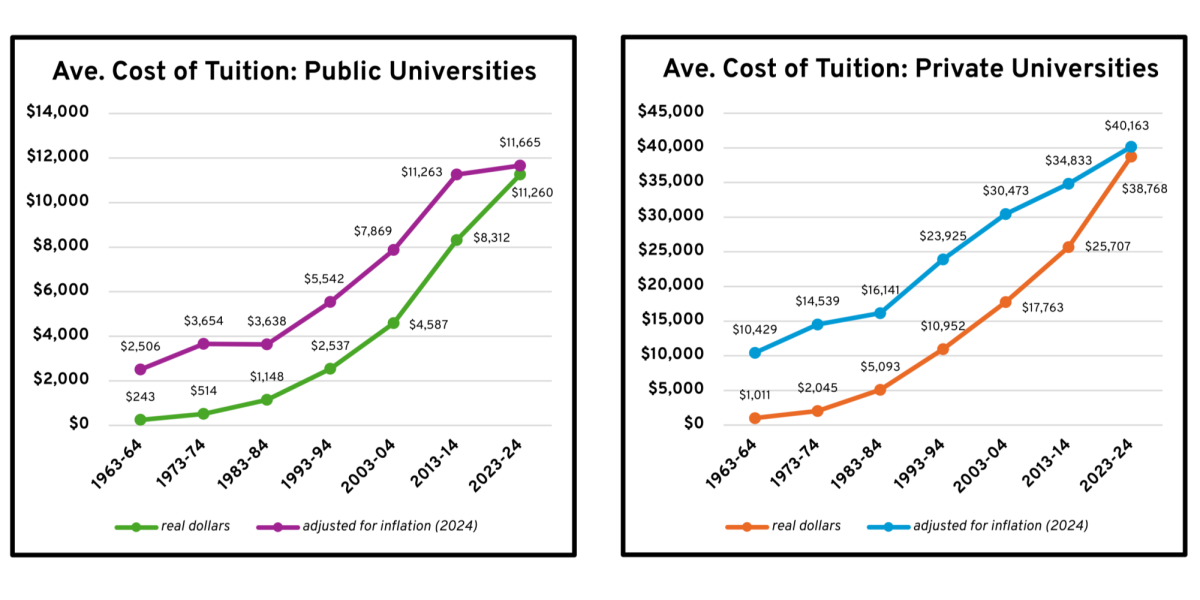
Economic factors can play a big role in a teen’s anxiety about their future. Even before getting accepted into a school, all teens know that college is very expensive and often unfordable without taking out large college loans that could strap teens with debt for the rest of their lives. Rising costs of living, the dropping value of a college degree, and job market instability are also making teens feel uncertain about their future. They worry about whether they will find a good job after college, which fuels their fear of making a “wrong” decision.
“College is expensive, and I’m broke,” junior Allison McCormick said. “I’m going into a [business] major because it will guarantee me a job. Still, I have to get scholarships to get there, and money is going to be the deciding factor for in-state vs. out-of-state.”
So what can a teen do about this pressure? It’s not like they can just ignore their future, right?
Actually, that’s exactly what teens should do—the same survey where students said that school adults were the top source of game plan pressure also said that time with their friends was the best antidote to that pressure. This makes sense because the game plan pressure (and all anxiety, for that matter) is centered around the future, and hanging with friends helps us live in the moment. Other activities that remind students to be present and that fight game plan anxiety include exercise (especially walks outdoors), cleaning or organizing a room or backpack, and playing a game. 40% of teens say that they play video games to specifically calm down the stress caused by thinking about their future.
Another way to reduce the stress of having a game plan is to have a game plan. Teens can ask parents, peers, family members, school adults, or even do a quick Google search to discover what their options are. Early college decisions are becoming more popular because students can start figuring out college options and career ideas when they have more time as an underclassman as opposed to trying to squeeze it in to a busy senior year.
Perhaps the best way to reduce the pressure to have a game plan is to let teens know that they don’t have to have a perfect plan. Plans change, and people often go into careers different from what they majored in at college. With career planning, it’s not even like a student is planning for their entire life: only 46% of American college graduates work in the same field as the one on their degree.
Of all the ways to help relieve game plan pressure, this is the best way teachers and counselors can help their stressed students. When they talk about college and career, they can reiterate that plans aren’t permanent and that they can always pick another path later. To illustrate this, teachers and counselors should tell their own life stories to students to show that there is no one right future path to choose. These may be little things, but they can add up for students because even students with their plan in place like Macey still feel the pressure to get it right the first time.
“I’m still anxious about college because I’m afraid I won’t like it or that I’ll do bad and let everyone down,” she said. “I’m scared for my future because I’m not sure what’s going to happen or how far I’ll make it.”

















